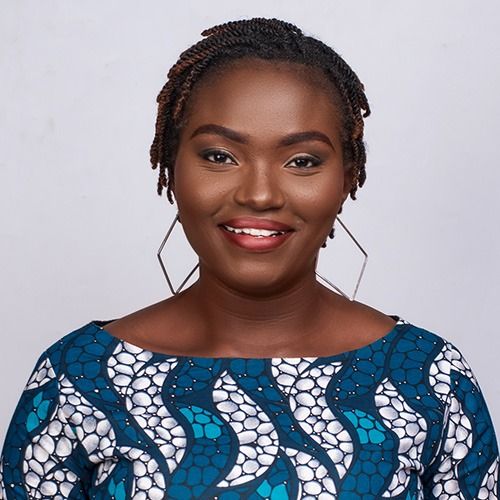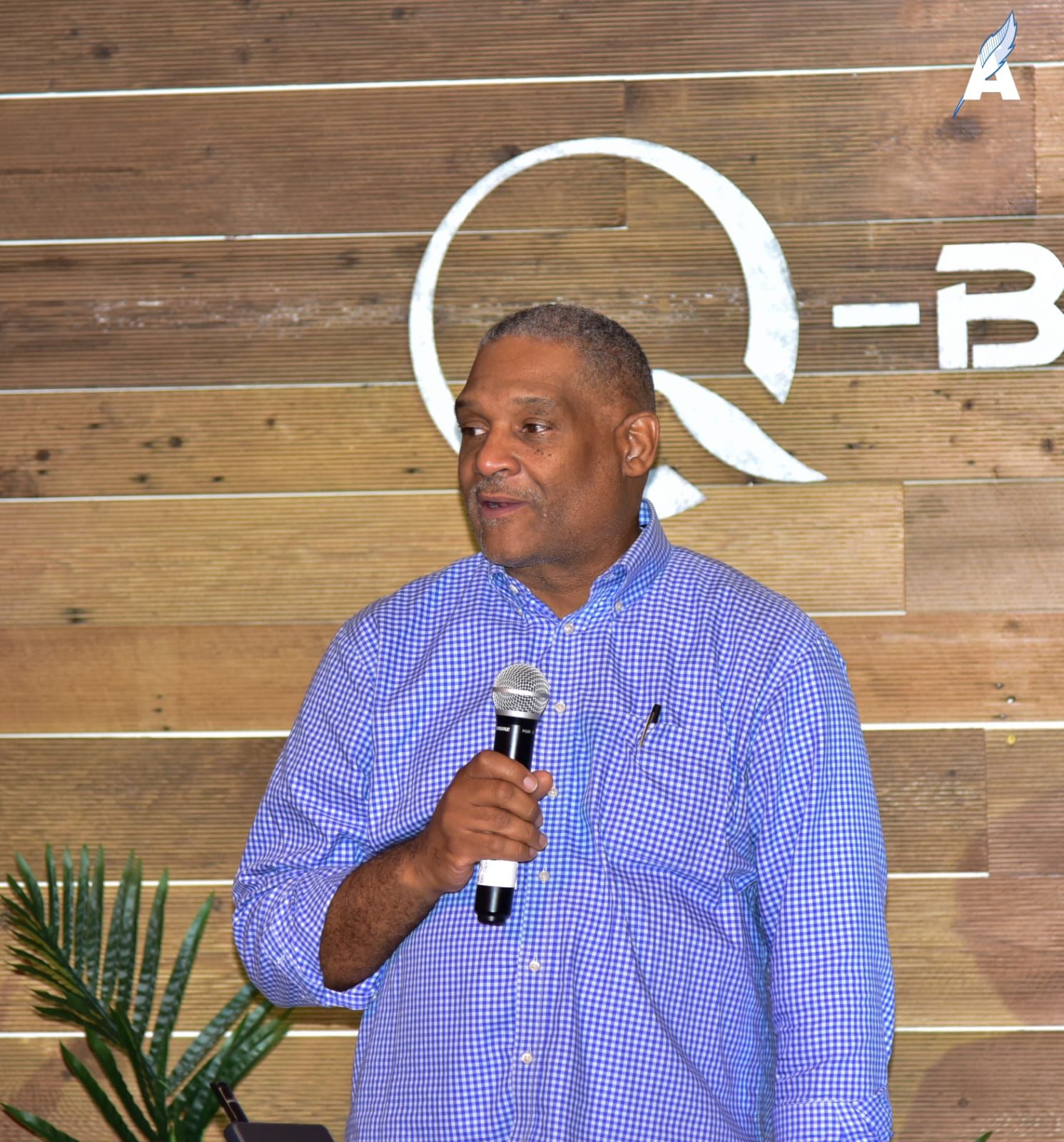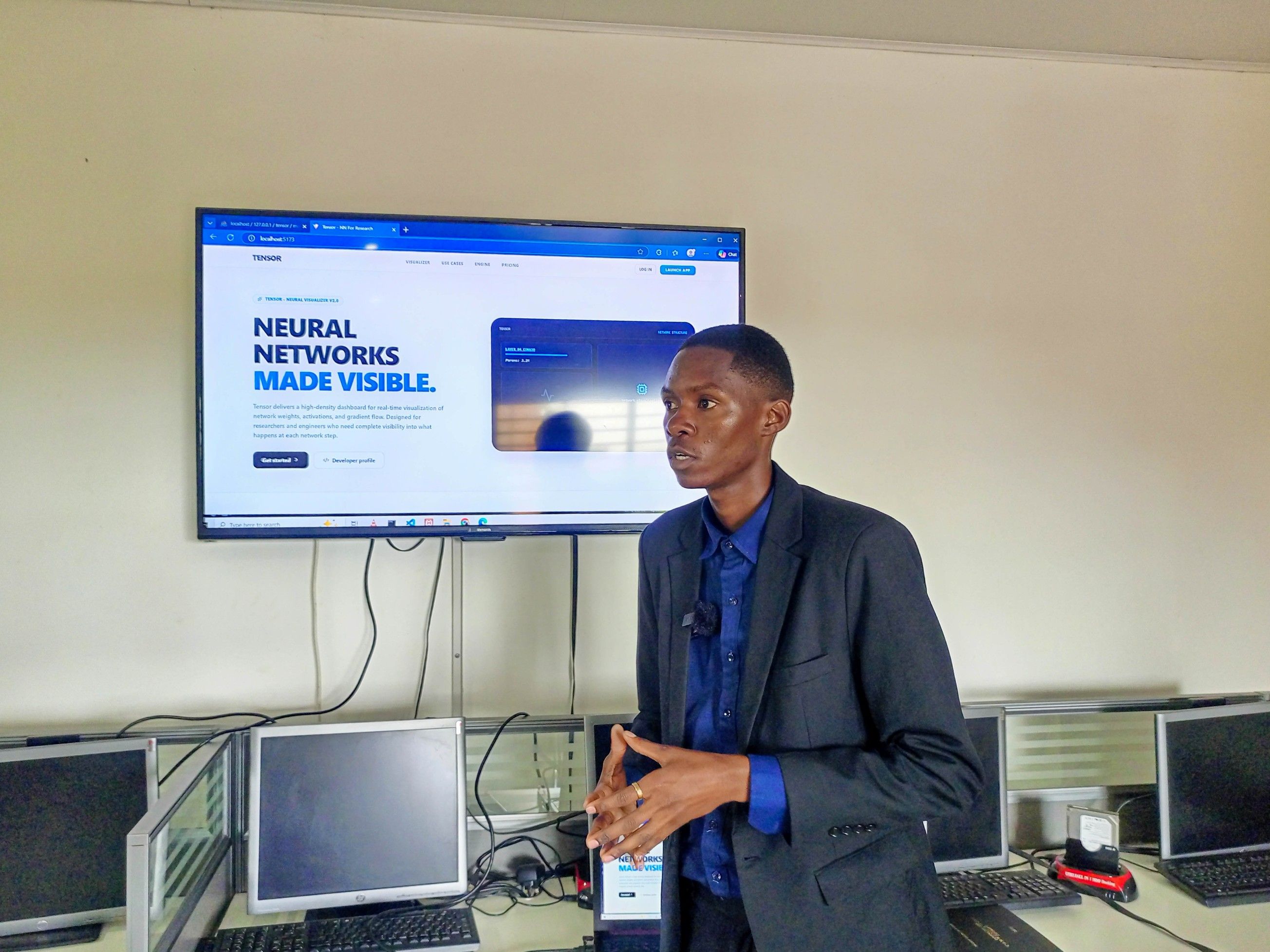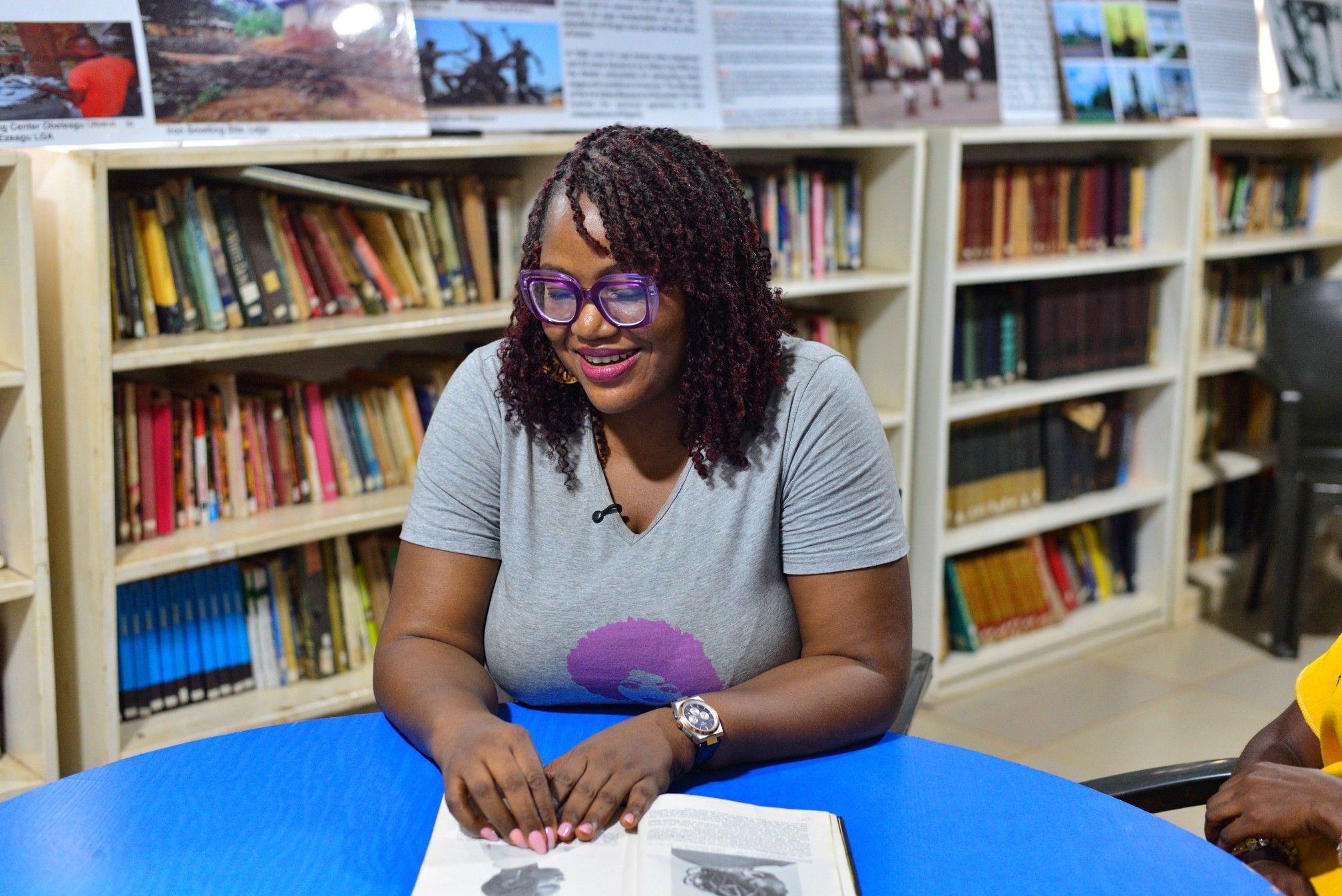Dr Mzuri Issa spent her childhood moving from one home to another as her mother couldn't afford to cater to her needs. Due to her circumstance, Issa was forced to work at a fast-food to afford her daily meals. She was only 11 years old.
She recounts how her childhood was marked with rejection. She witnessed multiple forms of discrimination and abuse towards women, including that meted upon her mother. Her childhood experience inspired her to finish her education and push for change in her community.
Breaking down barriers to women's empowerment
In the early years of her career as a journalist, Issa advocated for a change in a law that discriminated against women and girls who got pregnant out of wedlock. The penalty to the pregnant woman could involve imprisonment for up to 2 years. After several years of advocacy and collaboration with activists and media, Issa's efforts paid off. In 2005, the law was changed.
In 2004, Mzuri Issa championed the opening Tanzania Media Women's Association (TAMWA) in Zanzibar. TAMWA has received funding and technical support from the UN towards its course of women empowerment. The association works with religious leaders and communities to shift attitudes, cultural norms, and practices that discriminate against women. Currently, Mzuri Issa is the head of TAMWA.
Issa has been at the forefront of pushing for legal reforms so that women can have equal opportunity in leadership positions. Part of her work is centred on advocating for severe punishment towards perpetrators of violence against women. Specifically, she's advocating for 30 years imprisonment for rapists.
The winds of change sweeping across Zanzibar
In Zanzibar, just like the rest of the world, women are more likely to be unemployed than their male counterparts. They are also more likely to earn less income. The patriarchal society that frowns upon women taking leadership positions or participating in decision-making processes has done little to deter Issa. As the head of TAMWA, she has championed several initiatives to portray women, not as victims, but as able citizens playing a major role in development.
TAMWA worked with men as the agents of change and religious leaders to create public awareness about discrimination against women and promote positive attitudes that elevate women's standing in society. The association managed to garner 590 community members across Zanzibar Island last year. In the campaign, TAMWA worked with 70 religious leaders and 46 men.
Promoting women's leadership roles in the media
Issa works hand in hand with mainstream media to advocate for gender-responsive reporting. The project aims to accurately represent women in their diverse roles. To achieve that goal, TAMWA trained 50 journalists and provided a mentorship platform to put the training into action. Through the mentorship, the association produced 263 stories that promoted women's leadership.
The stories on women's participation in decision-making were featured before and after the October elections. Because of this advocacy, Issa notes that more women were taking active, visible roles in leadership in the election period. A staggering 435 women expressed their interest in contesting for various posts. The Zanzibar state witnessed, for the first time, five women vying for the seat of presidency.
Issa strives to create awareness in her community around cultural norms that have discriminated against women for ages. She spearheads positive change and advocates for women's rights. So far, Issa has shown that women can participate in decision-making and leadership when given the opportunity.
Her story marks our first in a series that is celebrating women's achievements across Africa. During this month of women, we look forward to featuring more stories about women that are seldom spoken about in mainstream media. Feel free to reach out in the comment section below.





